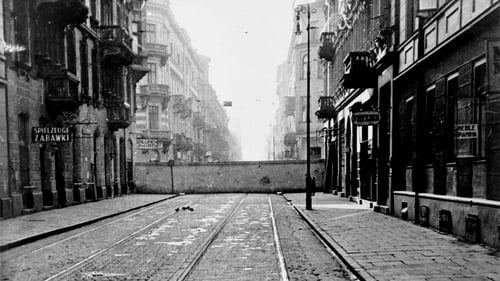
Additional Photography
The history of the Warsaw Ghetto (1940-43) as seen from both sides of the wall, its legacy and its memory: new light on a tragic era of division, destruction and mass murder thanks to the testimony of survivors and the discovery of a ten-minute film shot by Polish amateur filmmaker Alfons Ziółkowski in 1941.

Director of Photography

Camera Operator
Andrzej Wajda mentions Andrzej Wróblewski (1927-1957) as a painter and friend. It tells about a man facing the challenges of the epoch and dramatically searching for his space. Wróblewski, seen through the eyes of Wajda, is a genius who had to wait a long time for recognition, but also did not fully recognize his own greatness. Their paths crossed right after the war, when they both studied at the Academy of Fine Arts in Krakow. Born in Vilnius, the young artist studied at the faculty of painting and sculpture, he also studied art history at the Jagiellonian University. The film was produced on the occasion of the exhibition of the same title organized at the Manggha Museum of Japanese Art and Technology in Krakow in 2015.

Camera Operator
At the Old Theater in Krakow Wajda staged a play in 1971, based on Dostoevsky's novel "Demons". In this documentary Wajda tells the story of the unique play that went on uninterrupted for 10 years despite opposition from the authorities.

Cinematography
Interview with political scientist and social activist Jan Nowak-Jezioranski by film director Andrzej Wajda.

Cinematography
A new music teacher comes to the institution for mentally disabled children. He's got a month to teach them to play some instruments. But it takes much more than time to understand and accept these children. And vice versa.



